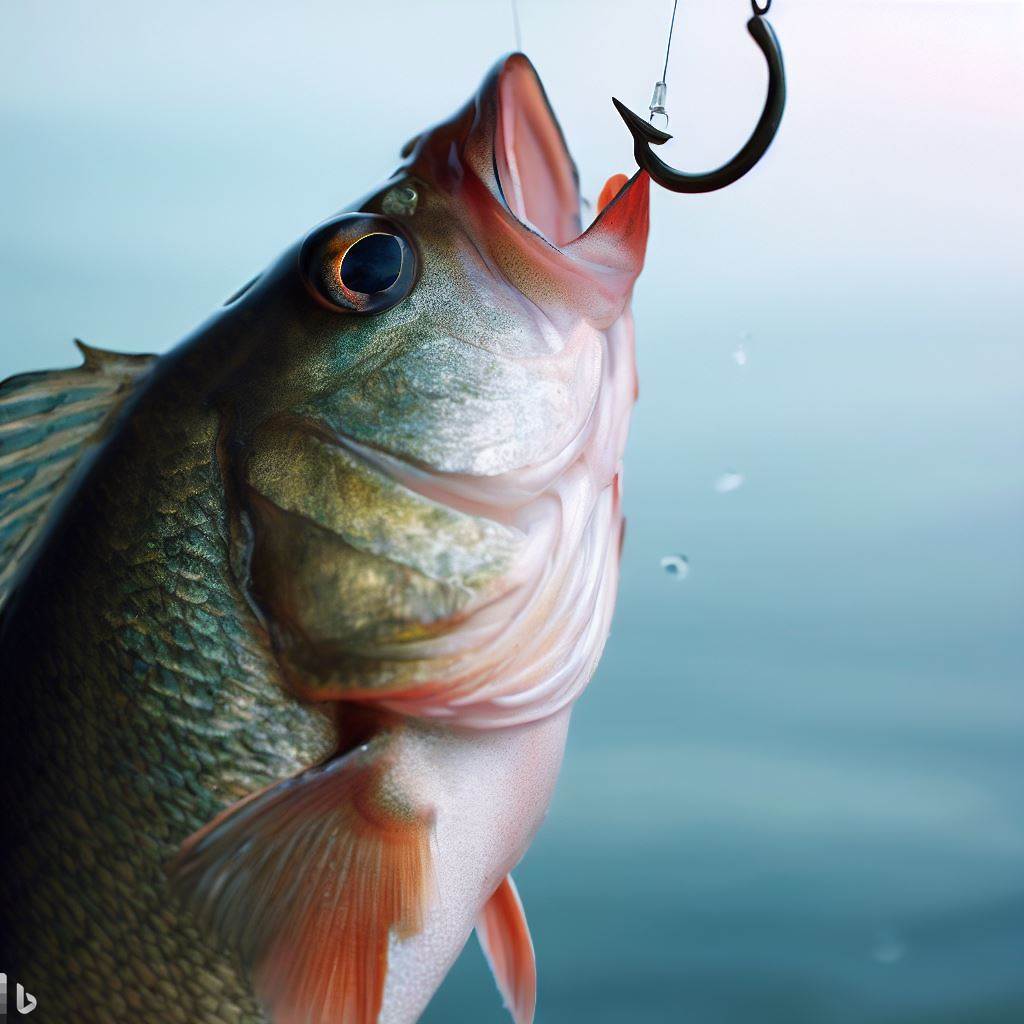Best weather for European perch fishing

Fishing enthusiasts understand that weather conditions play a crucial role in determining the success of their fishing trips. Different fish species have varying preferences when it comes to weather, and perch is no exception. Perch fishing requires a strategic approach, and understanding the ideal weather conditions can greatly improve your chances of a fruitful outing. In this article, we will explore the best weather for perch fishing, providing valuable insights and tips for a successful angling experience.
Understanding Perch Behavior
Before we explore the impact of weather on perch fishing, let's briefly understand the behavior of these fish. Perch are known to be opportunistic feeders and are attracted to areas with abundant food sources, such as insects, small fish, and crustaceans. They tend to dwell in shallow waters near vegetation, structures like rocks or docks, and drop-offs.
The Influence of Weather on Perch Fishing
Weather conditions have a direct impact on perch behavior and feeding patterns. Understanding how weather affects perch can help you strategize your fishing approach accordingly.
Ideal Temperature for Perch Fishing:
Perch are most active and eager to bite when the water temperature ranges between 60°F and 70°F (15°C and 21°C). During warmer seasons, perch tend to stay in deeper waters where the temperature is cooler. However, during spring and fall, when the water temperature falls within the ideal range, perch migrate towards shallower areas to feed and spawn.
Cloud Cover and Perch Activity:
Cloud cover can significantly influence perch activity. On cloudy days, perch are more likely to venture out of their hiding spots and actively search for food. The diffused light conditions make them feel secure, providing an advantage to anglers. Therefore, overcast days can be ideal for perch fishing.
Wind Conditions and Perch Fishing:
Wind plays a crucial role in perch fishing. A light breeze can create small ripples on the water's surface, which mimic natural movements and attract prey. Perch often congregate in these areas to take advantage of the disoriented prey. However, excessively strong winds can make fishing challenging, as they create turbulence and affect the accuracy of your casts.
Rainfall and Its Impact on Perch Fishing:
Rainfall can have mixed effects on perch fishing. A light drizzle can stimulate perch activity, as it washes insects into the water, triggering a feeding frenzy. However, heavy rainfall and subsequent runoff can muddy the water, making it difficult for perch to locate their prey. In such conditions, it's advisable to focus on areas where water clarity is better, such as sheltered spots or near inflows.
Best Seasons for Perch Fishing
Perch can be caught throughout the year, but certain seasons offer better opportunities. Spring and fall are considered prime seasons for perch fishing. During these periods, water temperatures are within the ideal range, and perch actively feed in preparation for spawning or winter. Summer can also be productive, but it requires focusing on early mornings or evenings when the temperature is cooler.
Time of Day for Perch Fishing
Perch are known to be more active during specific times of the day. Early morning and late evening are generally the best times to target perch. During these periods, they tend to be more aggressive and actively searching for food. However, it's worth noting that perch can be caught throughout the day, especially under favorable weather conditions.
Additional Tips for Successful Perch Fishing
To enhance your perch fishing experience, consider the following tips:
- Use lightweight fishing tackle to ensure sensitivity and better lure control.
- Opt for natural-colored bait and lures that mimic the perch's typical prey.
- Experiment with different retrieval speeds and depths to find the most effective approach.
- Keep an eye out for structure-rich areas, such as submerged vegetation or docks, where perch are likely to hide.
- Stay patient and maintain a stealthy approach to avoid spooking the fish.


